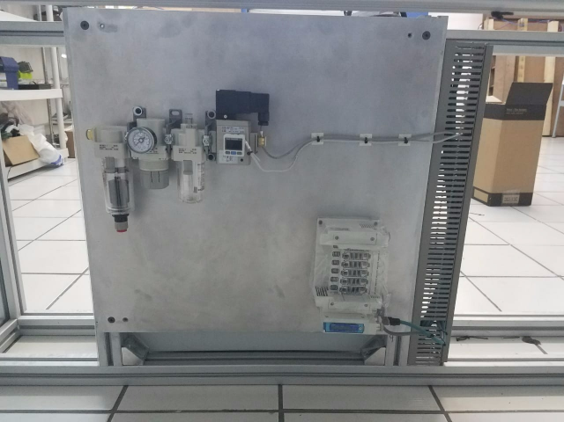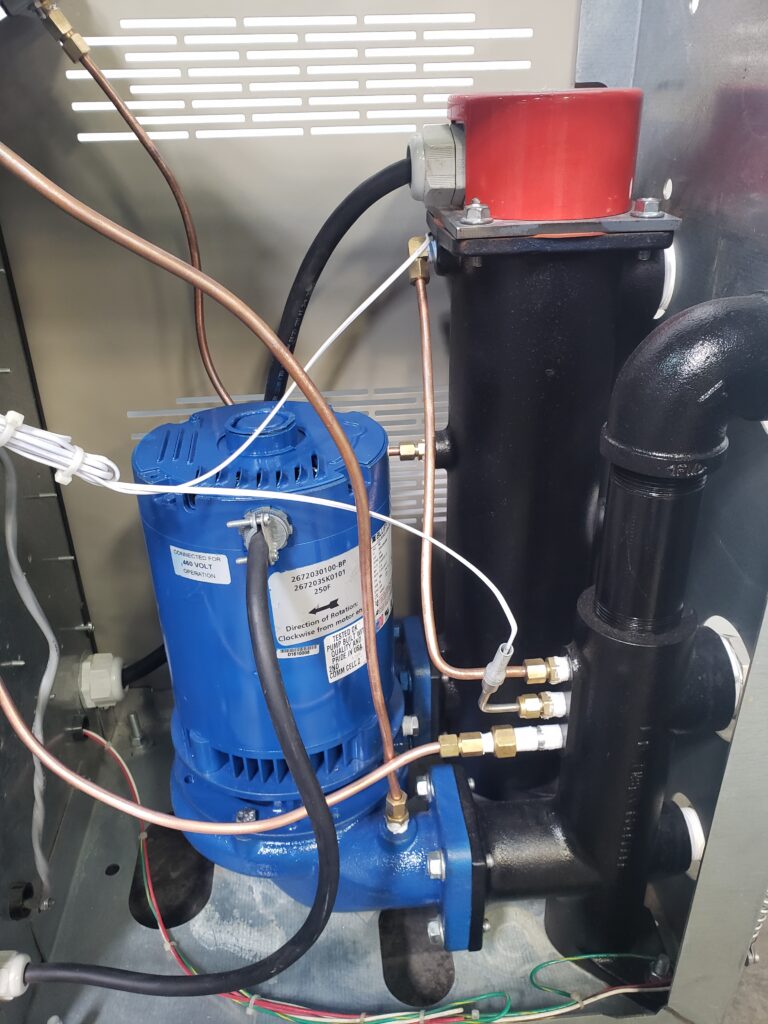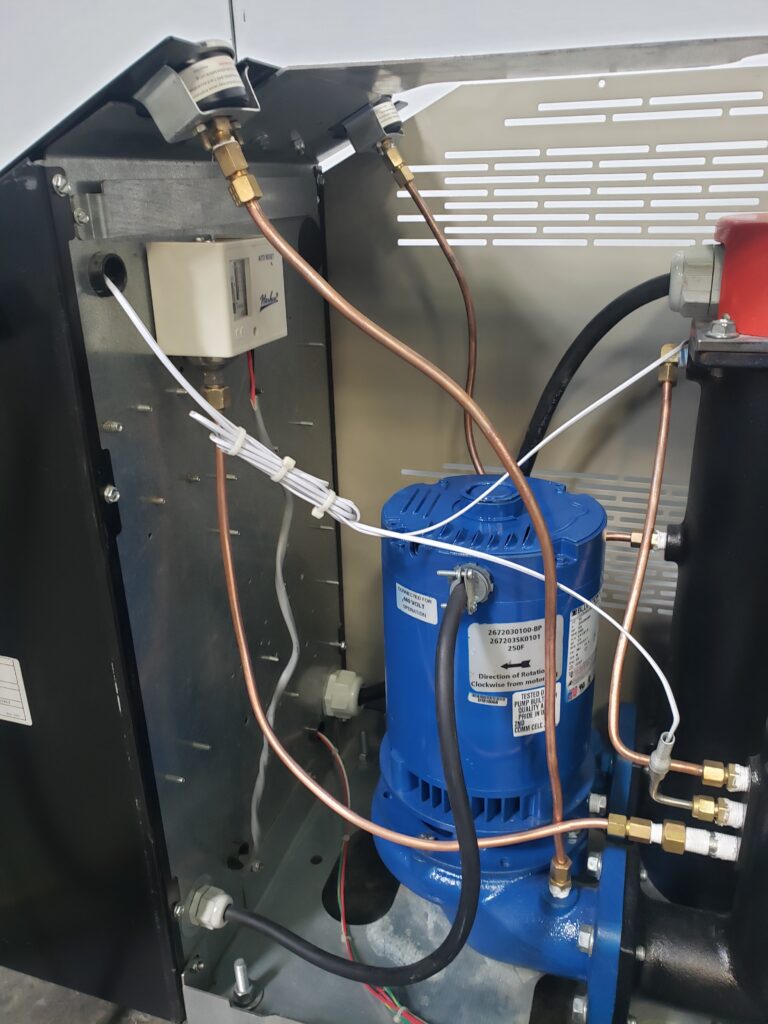pimsacorp
Pneumatic
Industrial pneumatics is critical in many industries because of its ability to provide an efficient, safe and reliable means for controlling and moving machinery and equipment. Here are some reasons why it is so important:
1. Control and Automation
Precision and Repeatability: Pneumatic systems are essential in industrial automation because they allow precise and repetitive control of movements and processes. This is crucial in production lines where high consistency and quality are required.
Easy Integration: Pneumatic systems are easy to integrate into automated control systems, such as programmable logic controllers (PLC), which facilitates the automation of industrial processes.
2. Safety
Reduced Fire Risk: Unlike electrical systems, pneumatic systems do not generate sparks, making them safer to use in environments where there is a risk of explosion or fire.
Overload Protection: Pneumatic systems can withstand overloads and can be designed to release pressure in the event of a failure, increasing operational safety.
3. Versatility and Flexibility
Diverse Applications: Pneumatics is used in a wide range of industrial applications, from the drive of cylinders on assembly lines to valve control in fluid processing systems.
Easy Adjustment and Maintenance: Pneumatic systems are relatively simple to install, adjust and maintain. This makes them ideal for applications where frequent process changes or adjustments to equipment are required.
4. Reliability and Durability
Continuous Operation: Pneumatic systems are known for their high reliability and ability to operate continuously without failure. This is vital in industries where downtime is costly.
Resistance to Extreme Conditions: Pneumatic systems can operate in harsh conditions, such as high temperatures, corrosive environments or with high vibrations, where other systems could fail.
5. Cost-effectiveness
Low Energy Cost: Pneumatics is relatively economical in terms of energy consumption, especially when using recycled compressed air.
Economical Maintenance: Pneumatic components are often durable and easy to replace, reducing maintenance costs over time.
6. Sustainability
Use of Air as a Working Medium: Air is an abundant and non-polluting resource, making pneumatic systems a more environmentally friendly option compared to other energy systems.
Lower Environmental Impact: Pneumatic systems do not generate toxic waste or pollutants, contributing to a more sustainable and environmentally friendly operation.
7. Specific Applications
Mobility and Transport: In industry, pneumatics is used to move materials and products through conveyor belts, robotic arms and other handling applications.
Pneumatic Actuators: These are used to perform linear or rotary movements, essential in industrial machinery for cutting, stamping, assembly processes, etc.
In short, industrial pneumatics is vital for its ability to provide precise and reliable control, safety, versatility, and economic and energy efficiency. This makes it a key technology for a wide variety of industrial applications.







